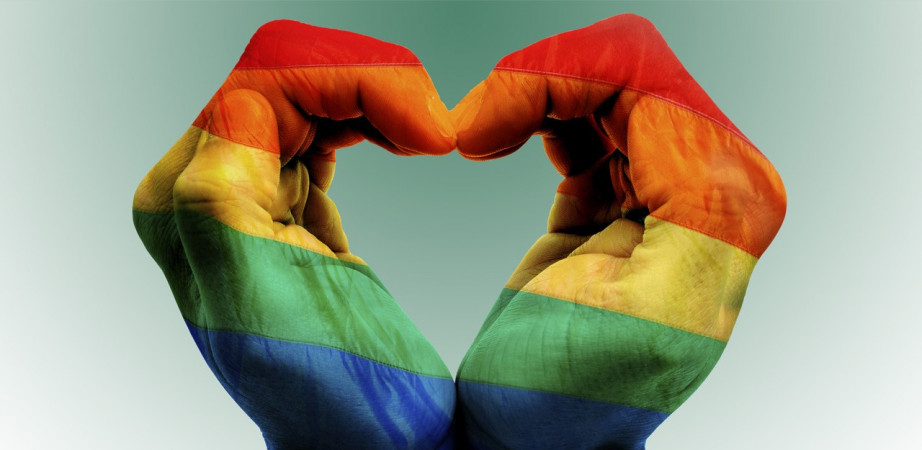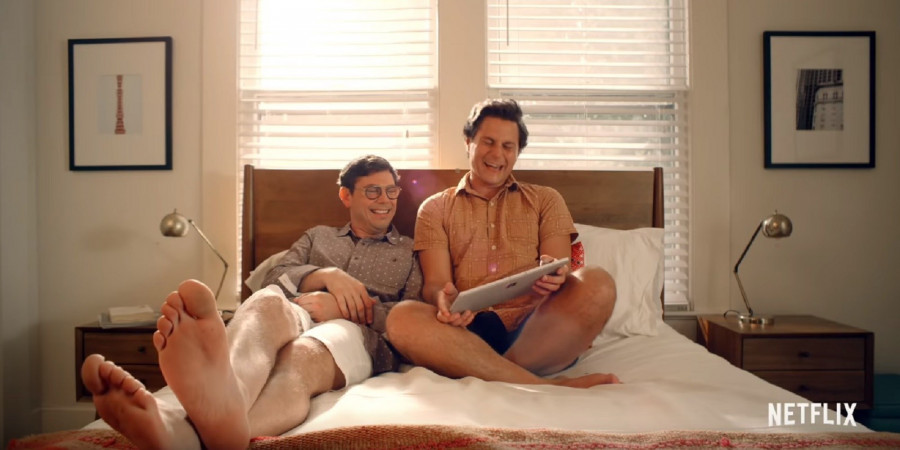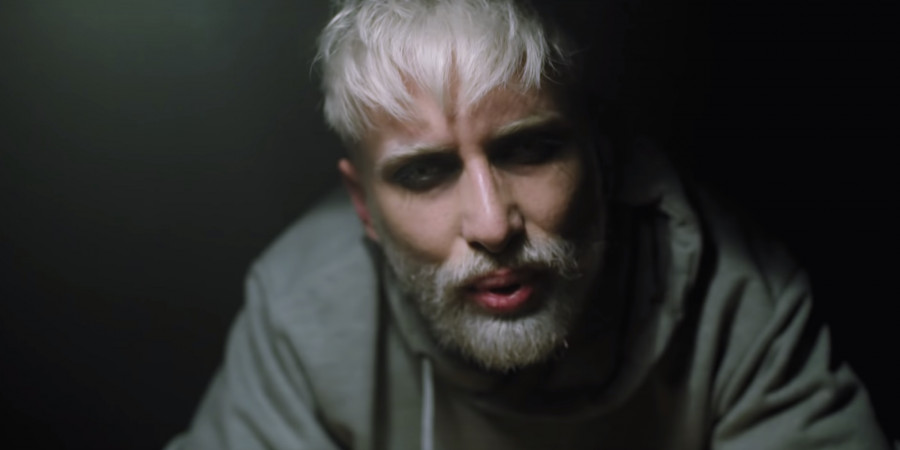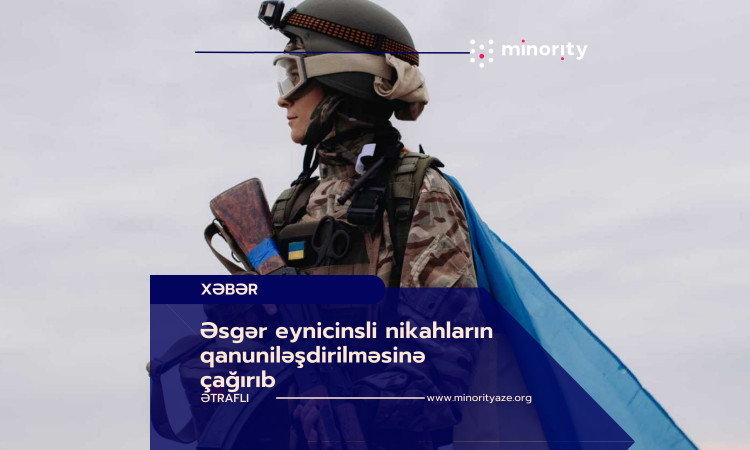Azerbaijan’s $15 billion education policy has failed LGBTI individuals
Azerbaijan has the lowest score on the social acceptance of LGBTI individuals among 141 countries around the world.
30/Nov/19
9587
While spending 15 billion USD on education policy, the Azerbaijani state has failed to ensure a safe, non-violent and inclusive learning environment. The absence of bullying prevention policies or an inclusive curriculum, as well as neglected needs, have become the main contributors to discrimination against LGBTI (lesbian, gay, bisexual, transgender, and intersex) individuals. Such discrimination is more widespread and socially accepted than discrimination against other social groups in Azerbaijan. This form of discrimination creates an environment which is conducive to exclusion from opportunity in many facets of life, including education and political and civic participation, and contributes to the economic instability, homelessness, and poor health conditions of LGBTI individuals. For sure, the state’s policy of silence also contributes to this exclusion. The state has failed and continues to fail to protect its LGBTI citizens by not taking into account their voice, ignoring their unique needs, and excluding them from social, economic and development policies.
Azerbaijan has the lowest score on the social acceptance of LGBTI individuals among 141 countries around the world. The Williams Institute’s Global Acceptance Index shows that in the period 2009-2014, comparee to 2004-2008, Azerbaijan became a less accepting country for LGBTI individuals (Polarized Progress 2018). According to ILGA Europe’s Rainbow Index, which ranks 49 countries in Europe on their LGBTI equality laws and policies, Azerbaijan was previously ranked 48th, before Russia (ILGA Europe 2014). Since 2015, however, ILGA’s Rainbow Europe has listed Azerbaijan as the most dangerous country in Europe with the worst scoring on laws, policies, and practices that affect LGBTI individuals (ILGA Europe 2019). In his study about the rising homophobia in Russia, Wilkinson (2014) concludes that in a situation where non-heterosexual and non-heteronormative existence is understood to be socially inferior, LGBTI individuals have been the focal point of policies of exclusion. This is simply unacceptable and should be fixed.
First of all, the state can start by fixing its education strategy by adopting a comprehensive bullying prevention policy, developing working mechanisms, and carrying out programs. LGBTI individuals often face bullying at school from other students, and oftentimes even from school staff, because of their sexual orientation, gender identity, and self-expression. The right to education is regulated by the Constitution of the Republic of Azerbaijan, the Law of the Republic of Azerbaijan on Education, other normative legal acts concerning education, and international treaties to which Azerbaijan is party. Although the national legal framework declares that everyone has equal access to education and prohibits discrimination regardless of sex, race, language, religion, political view, nationality and social status, such coarse-grained general wording does not reflect reality in a sufficient way. Violence against the LGBTI individuals in their schools can lead to the most severe forms of exclusion and humiliation. Being in such a hostile school environment, as UNESCO also stresses in its global report, has an enormous effect on academic achievement and the mental and physical health of individuals (UNESCO 2016, 17-28).
Although there are no studies specifically on the context in Azerbaijan, a statistical analysis of 19 combined scientific studies worldwide makes it possible to claim that being a victim of bullying increases the risk of both immediate and long-term mental health problems (Gini and Pozzoli 2009), and has a clear connection to poor graduation results (Wolke and Lereya 2015). In order to illustrate this reality I have interviewed two individuals:
“When I was in college, other students would hint at some of my feminine behavior. I was sick and tired of some girls making fun of my clothing and manner, hearing things like ‘let’s get him naked and see if it is a boy or a girl,’ ‘a beating would teach him,’ or ‘it’s a psychological illness.’ It was affecting me negatively. I was getting depressed and distanced. I could feel from some teachers’ attitudes that they were being strict with me just because of my orientation. I couldn’t even complain to them. Besides feeling terrible, I was usually alone, I didn’t leave the classroom. I felt depressed and frenzied” (C.O., a gay man, age 22).
“I was being bullied because of my sexual orientation at middle school by one classmate. When teachers found out about this, I was made to stand beside that one guy in front of the entire class and present my facts to ‘protect myself’ while others sat there and watched the process and evaluated my reasons ‘to prove that I was not, in fact, gay.’ It reminded me of a courtroom with a judge and a jury” (A.N., a gay man, age 20).
“I had problems with my identity during my school years, but at that time I didn’t realize I was transgender. I have always had problems communicating with people [whose gender identity matches the sex that they were assigned at birth] and I have always been misunderstood. At one point I believed that – I’m the wrong one and decided to end all of this suffering when I was only 17 [he is a suicide attempt survivor]. Six years have passed since that day and now I’m talking to you” (C.O., a transgender woman, age 23).
One reason behind the stigmatization and prejudice in society against LGBTI individuals and bullying at schools is the curriculum itself. A lack of knowledge and information creates the conditions for bullying and oppression against LGBTI individuals in a learning environment. On one hand, the state has failed to develop a curriculum that could promote fundamental human rights, gender equality, peace and non-violence, and human diversity. The state has been developing a new curriculum for three years, and it will be the first comprehensive sexuality education curriculum in Azerbaijan (Clayton 2019). However, the success of the program will rely on its implementation by teachers who are often poorly qualified and have a biased attitude against sex education. The new curriculum also fails to appropriately address a variety of sexual orientations, gender identities, behaviors, and experiences. On the other hand, this absence not only makes exclusion look normal and natural but also creates a new path for new harmful cases and experiences. For example, a while ago, mistakes that are groundless in medical terms have been found in a textbook on “Family Psychology” that is taught as curriculum material in the Faculty of Psychology at Azerbaijan Teachers Institute (ATI). The textbook was approved by the Ministry of Education and published in 2015. It describes homosexuality as an “abnormal sexual orientation disorder” and pathology, alongside with pedophilia and necrophilia. Also, it says that “homosexuality occurs mainly in psychopaths and homosexuals are sick people.” Probably the Ministry of Education ignored the fact that since 2005 Azerbaijan uses the International Classification of Diseases (ICD -10) and homosexuality is no longer considered a mental disorder (Nafas 2016).
Every Azerbaijani has the right to know what exactly the state has done in order to ensure a safe, non-violent, inclusive, equitable, and effective learning environment for all in the period of 2010-2019 when it spent 15.2 billion USD on education. There are undeniable interlinkages between academic performance, poverty, poor health, gender inequality, and rationalized violence. The only way to tackle this problem is initiating policy change. Bullying affects many teenagers and youth today, and it will continue to affect them unless the state takes appropriate actions (Shaliyev 2019). We have to demand from state to implement a developmentally appropriate bullying prevention program for teachers and counselors on how to deal sensitively with students who are being subjected to bullying, physical and psychological harassment and any other forms of discrimination. Human rights education has to be integrated into the school curriculum to ensure that it teaches respect, acceptance, and a positive approach to every individual, and does not discriminate against or negatively stereotype anyone. There is a huge need to conduct a survey analysis for a better understanding of the situation. Consulting and cooperating with organizations working with or for the LGBTI community is an essential part of the policymaking, implementation, and evaluation stages. Taking appropriate actions in line with international obligations is not just a matter of changing numbers in some reports, it is a matter of the struggle that the LGBTI population is facing every day. The intolerance towards LGBTI individuals that exists in society can never be used as a justification by the state to remain silent.
Source: Baku Research Institute
Powered by Froala Editor



